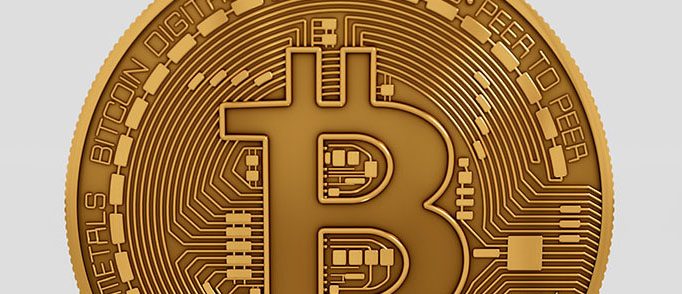What Is The Most Profitable Way To Make Money With Bitcoin? Even after a decade of ups and downs and the unidentified Satoshi Nakamoto, Bitcoin remains at the top of the charts. To be more accurate, Bitcoin is the largest cryptocurrency in the world. So, the response to a question such as is it still possible to make money with bitcoin is a resounding yes: Bitcoin is a viable source of revenue. Since you seem to be on solid ground at this stage, the next logical question is – What is the best way to make money with Bitcoin?, put in another way, what is the most profitable way to make money with bitcoin? There are various options, with Bitcoin mining, trading, investing, affiliate earnings, and micro earnings being the most common. However, there is no one-size-fits-all solution to making money with Bitcoin. The amount of money you earn is determined by your risk perception and the system you use. This write-up will go into seven of the most profitable ways to make money with Bitc...
What Are The Advantages Of
Bitcoin?
i. Payment freedom –
It is possible to send and
receive bitcoins anywhere in the world at any time.
No bank holidays. No
borders. No bureaucracy.
Bitcoin allows its users
to be in full control of their money.
ii. Choose your own fees –
There is no fee to receive
bitcoins, and many wallets let you control how large a fee to pay when
spending.
Higher fees can encourage
faster confirmation of your transactions.
Fees are unrelated to the
amount transferred, so it’s possible to send 100,000 bitcoins for the same fee
it costs to send 1 bitcoin.
Additionally, merchant
processors exist to assist merchants in processing transactions, converting
bitcoins to fiat currency and depositing funds directly into merchants’ bank
accounts daily.
As these services are
based on Bitcoin, they can be offered for much lower fees than with PayPal or
credit card networks.
iii. Fewer risks for
merchants –
Bitcoin transactions are
secure, irreversible, and do not contain customers’ sensitive or personal
information.
This protects merchants
from losses caused by fraud or fraudulent chargebacks, and there is no need for
PCI compliance.
Merchants can easily
expand to new markets where either credit cards are not available or fraud
rates are unacceptably high.
The net results are lower
fees, larger markets, and fewer administrative costs.
iv. Security and control –
Bitcoin users are in full
control of their transactions; it is impossible for merchants to force unwanted
or unnoticed charges as can happen with other payment methods.
Bitcoin payments can be
made without personal information tied to the transaction. This offers strong
protection against identity theft.
Bitcoin users can also
protect their money with backup and encryption.
v. Transparent and neutral –
All information concerning
the Bitcoin money supply itself is readily available on the block chain for
anybody to verify and use in real-time.
No individual or
organization can control or manipulate the Bitcoin protocol because it is
cryptographically secure.
This allows the core of
Bitcoin to be trusted for being completely neutral, transparent and
predictable.
What Are The Disadvantages Of Bitcoin?
i. Degree of acceptance –
Many people are still
unaware of Bitcoin.
Every day, more businesses
accept bitcoins because they want the advantages of doing so, but the list
remains small and still needs to grow in order to benefit from network effects.
ii. Volatility –
The total
value of bitcoins in circulation
and the number of businesses using Bitcoin are still very small compared to
what they could be.
Therefore, relatively
small events, trades, or business activities can significantly affect the
price. In theory, this volatility will decrease as Bitcoin markets and the
technology matures.
Never before has the world
seen a start-up currency, so it is truly difficult (and exciting) to imagine
how it will play out.
iii. Ongoing development –
Bitcoin software is still
in beta with many incomplete features in active development.
New tools, features, and
services are being developed to make Bitcoin more secure and accessible to the
masses.
Some of these are still
not ready for everyone.
Most Bitcoin businesses
are new and still offer no insurance.

Comments
Post a Comment